Considered Performance
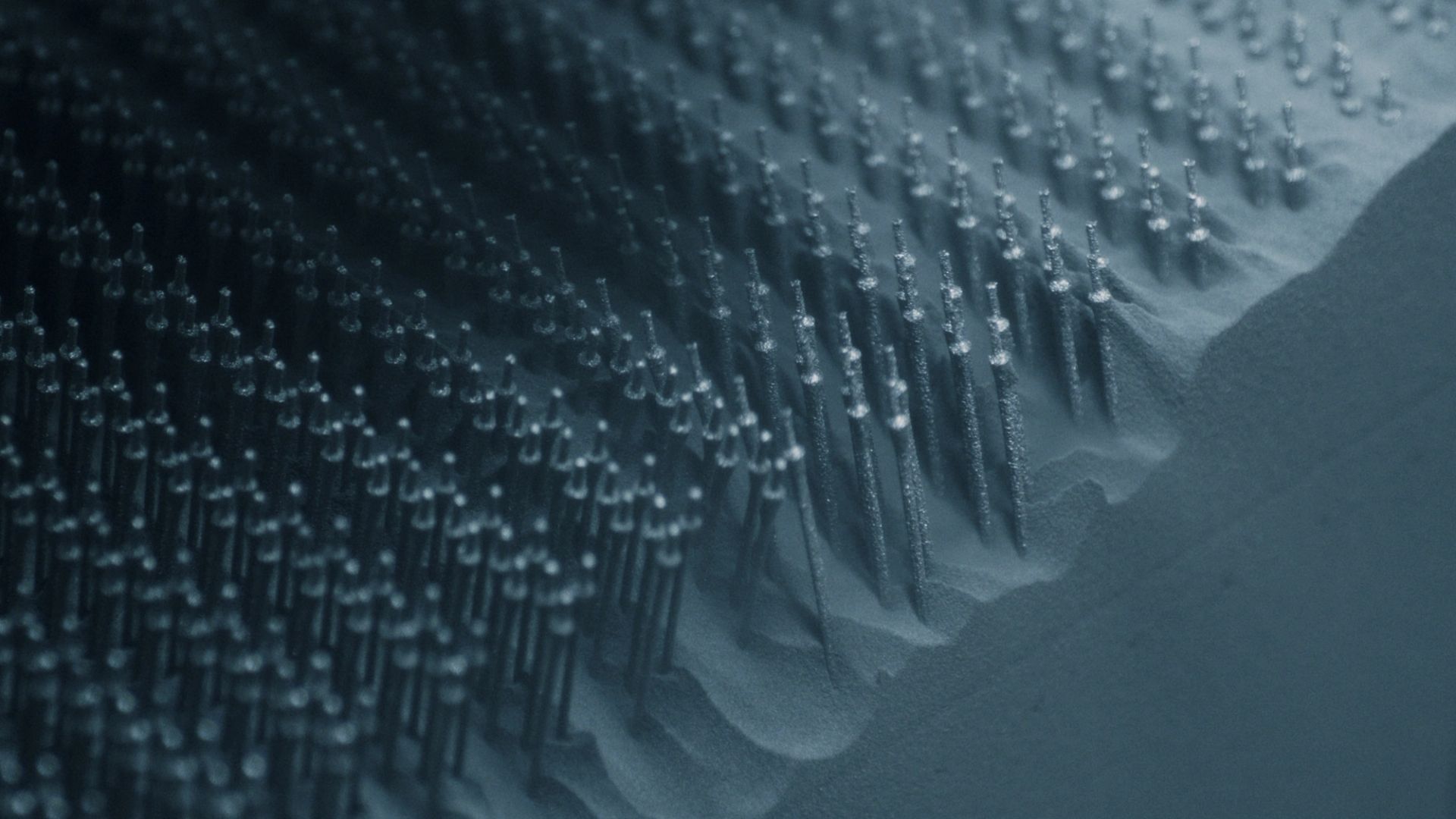
At its very core, and from its very beginnings, the bicycle has delivered sustainable efficiency. As well as the environmental benefits of travelling by bike, it brings with it proven physical and mental health benefits.
But in the world of performance cycling, and a search for speed above all else, the quest for performance efficiency has shifted focus away from the original and inherently sustainable aspects of cycling to become more resource intensive.
This constant push in the world of performance cycling to find where the limits of possibility lie has driven technology further and further, but material choice has been driven by performance characteristics alone. We thought it was time to challenge this way of thinking.
We wanted to explore if it was possible to harness a more sustainable approach while still focusing on performance. A way to utilise methods and technologies that enable performance and sustainable thinking to go together.
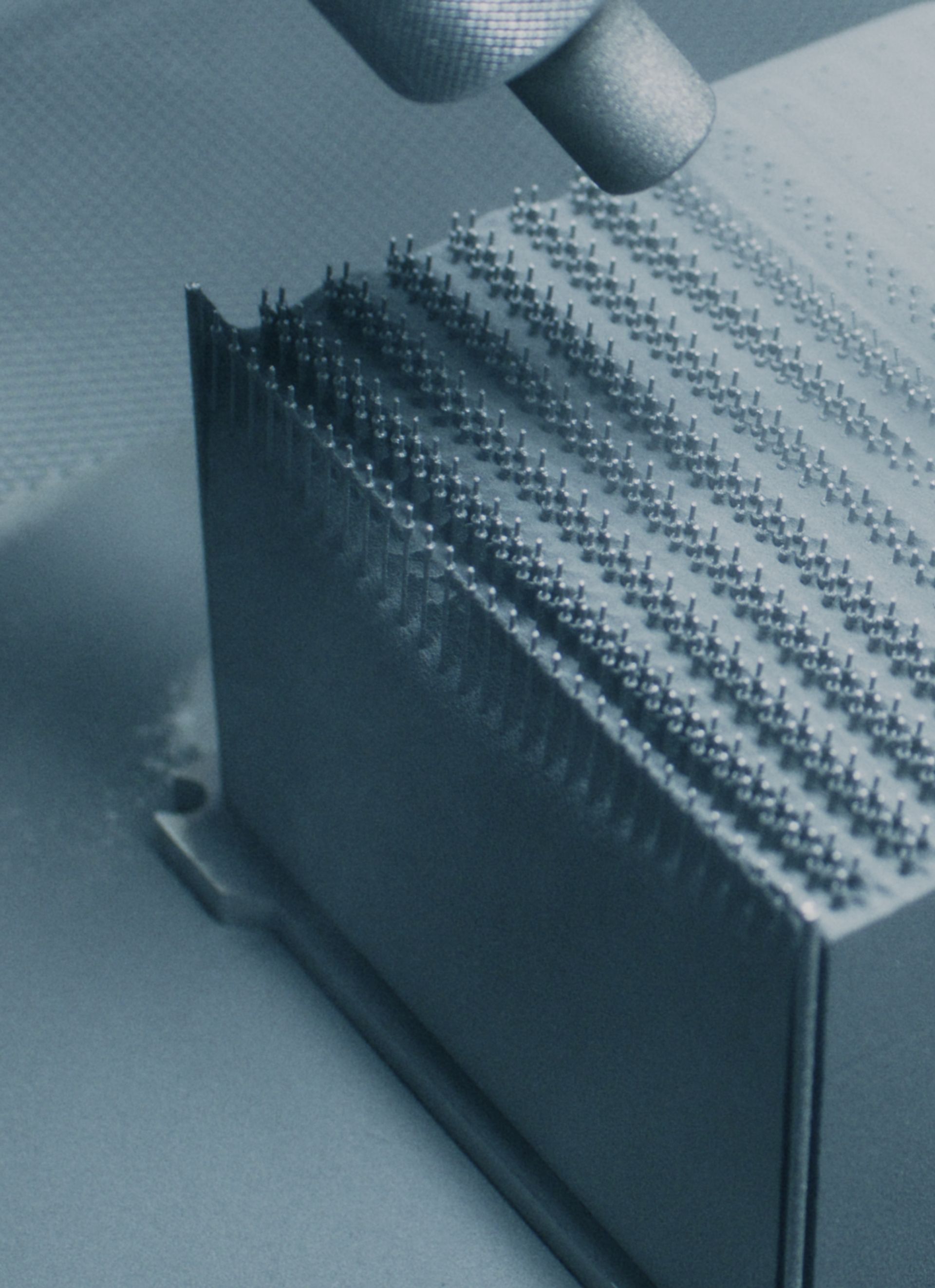
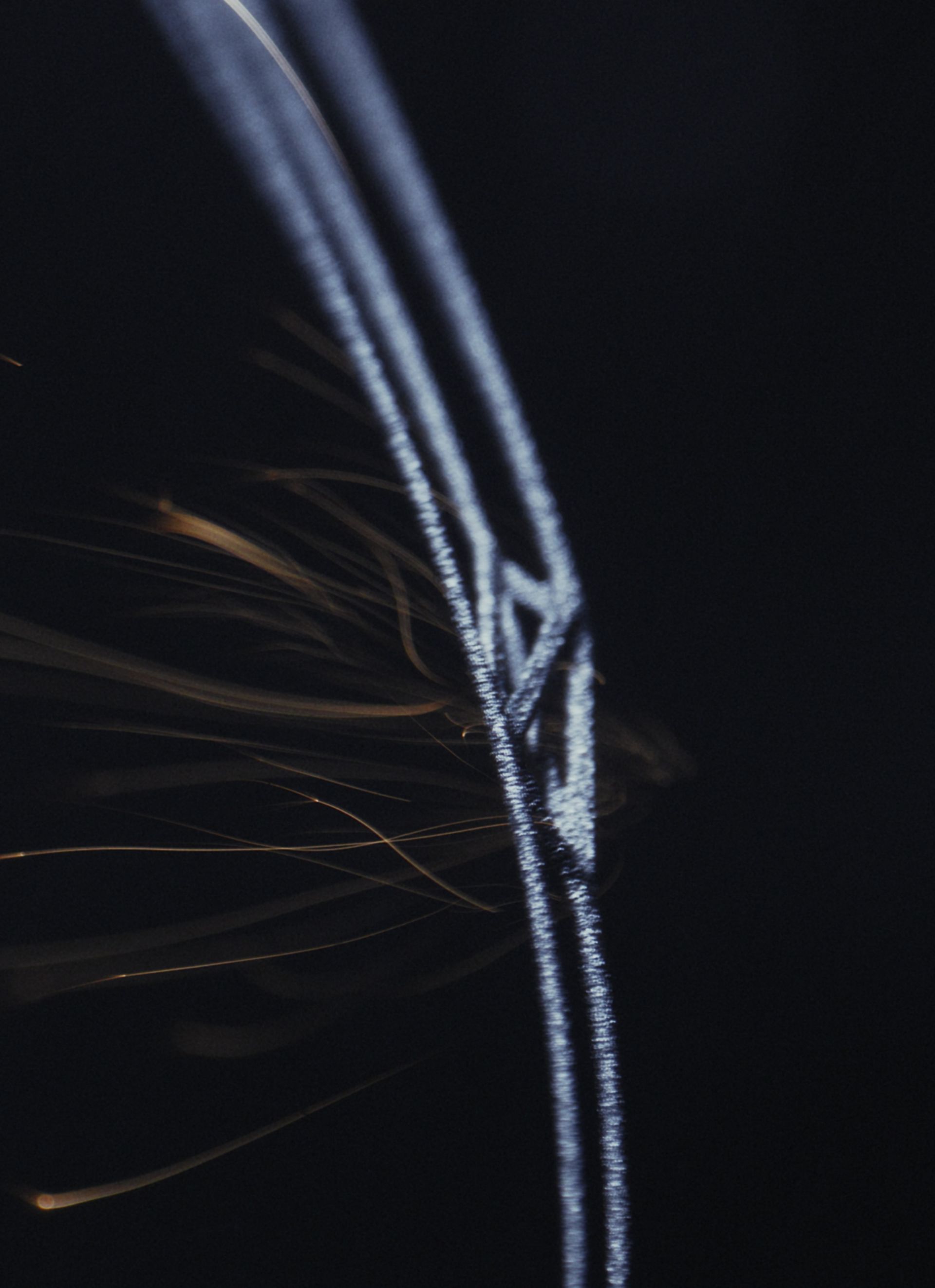
In developing the Elicit Ti, we sought to find a way to deliver all the benefits needed to stay at the cutting edge of performance cycling while being considerate of the resources we use.
We think we found a way.
Still relatively new to the world of cycling, additive manufacturing is used and trusted for its precision and quality.
The process allows for very precise constructions, and ensures there is no excess material usage, no cut-offs from the edges of a mold that go to waste.
Here, we saw an opportunity.
Working together with additive manufacturing specialists Aim Sweden, we explored how this process could be applied to the development of high-performance sunglasses: a product where rigidity and flexibility need to be perfectly in balance so that a rider can see every detail of what lies ahead in absolute comfort.
We concluded that residual medical-grade titanium would provide the rigidity and lightness needed for comfort and performance. Being left over from other manufacturing processes, this also helps us minimise the use of virgin materials.
To construct the Elicit Ti, we used an Electron Beam Melting process, a form of additive manufacturing where the fine titanium powder is melted with a laser to build up the temples layer by layer. Once complete, the leftover titanium powder is recovered and reformed so it can be used once more.
The process resulted in the creation of the Elicit Ti, whose open truss structure gives strength and rigidity and keeps the weight down to just 22g, making them our lightest-ever sunglasses.
They show it is possible to create the highest-performance pieces without having to compromise and while thinking sustainably. They prove that anything is possible when you think differently.
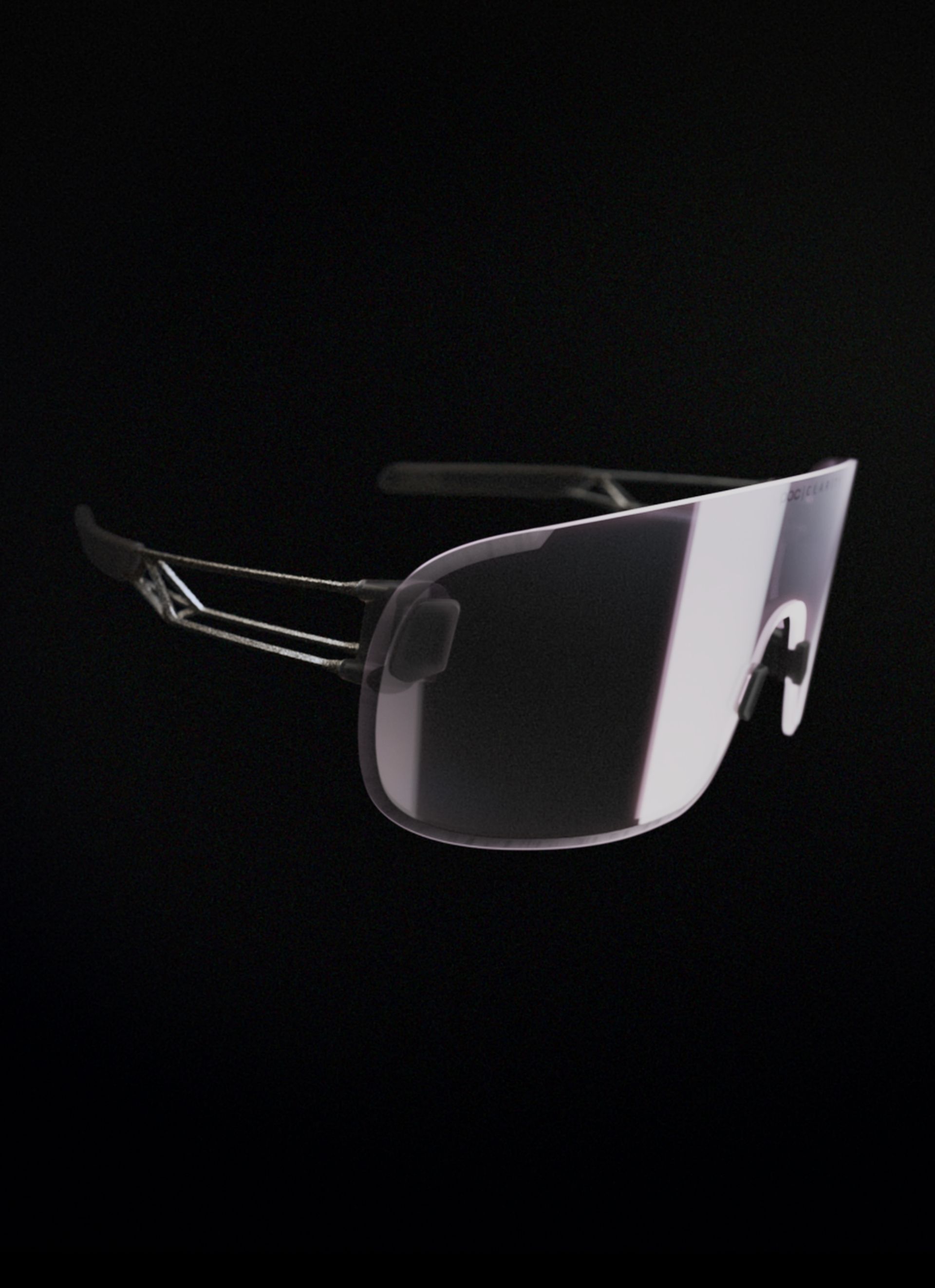
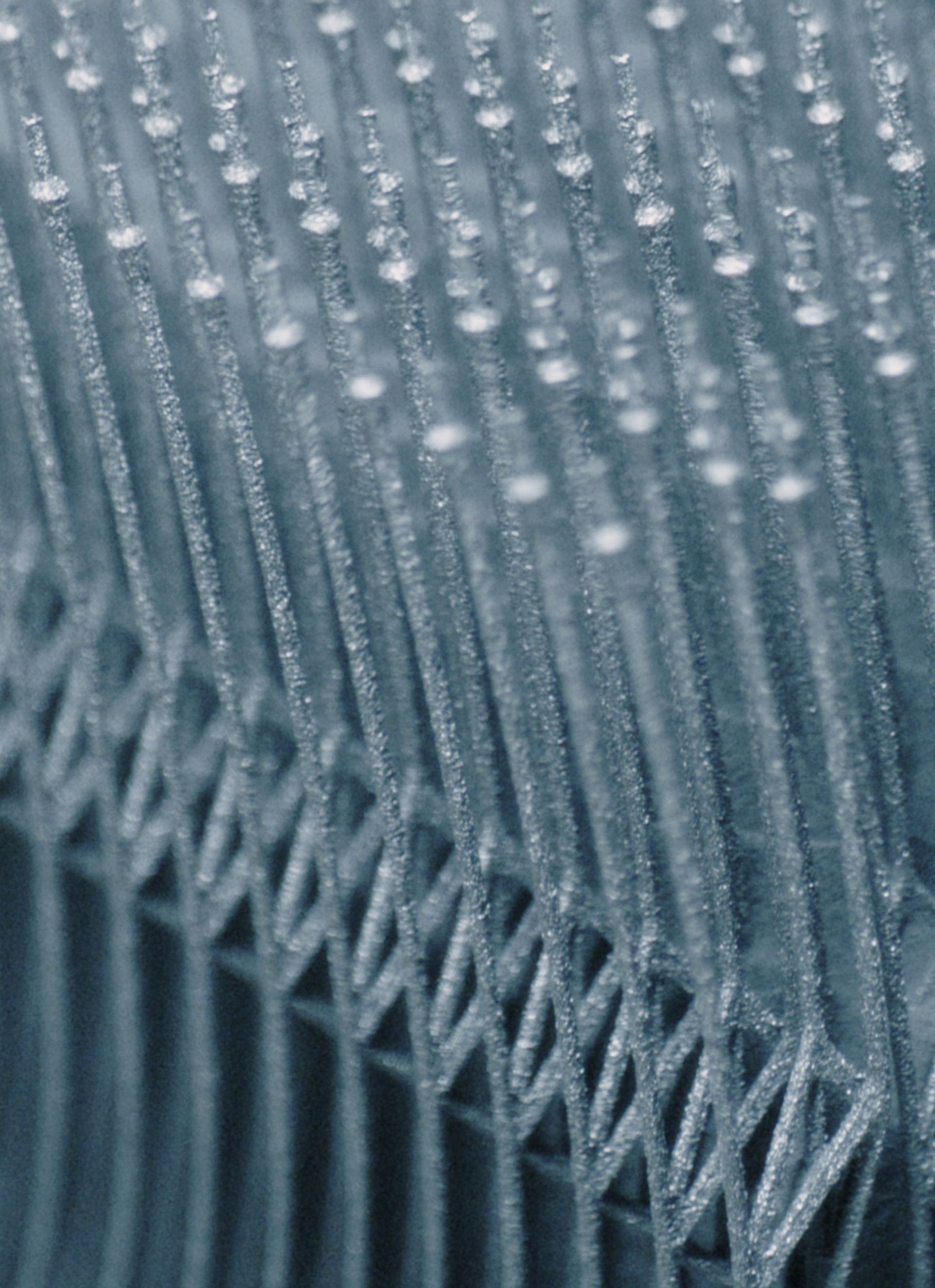
Related articles
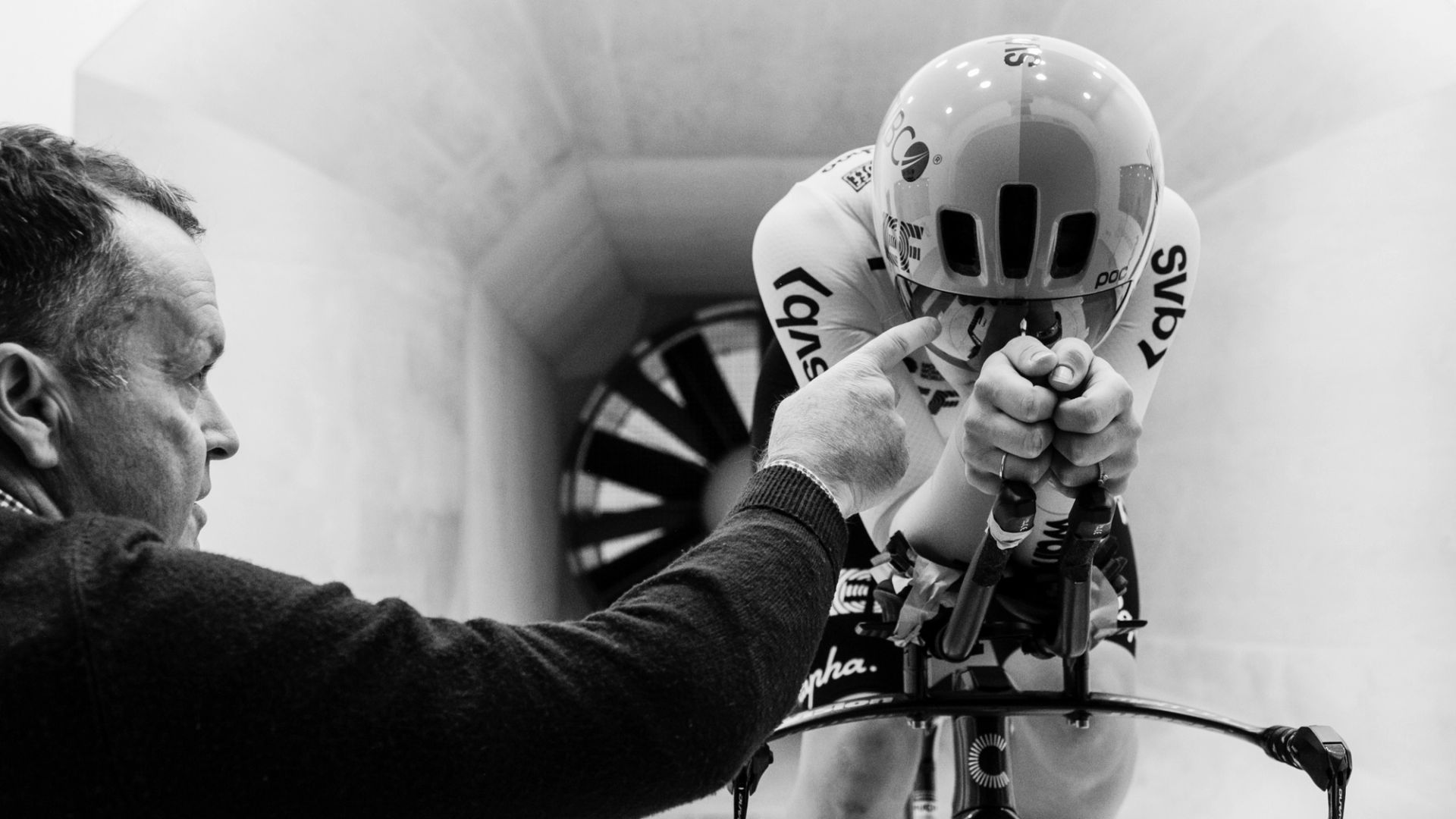
CFD simulation and testing
Competitive cyclists optimize every pedal stroke to deliver pure forward motion. Several details need to align to create precise forward motion on a bike, such as fitness, power, and technique, all of which are basic building blocks to building speed.

VPD: The material to protect your mobility
We test our body armour to the European EN1621 standard. Originally developed for motorcycle body armour, it has become the norm used across the bike and snowsports industries, given the similar types of impacts and forces users may experience. A key difference, however, is the range of body movement the wearer needs while performing. Here, we work to ensure that freedom of movement is always as high as possible. Protectors are graded to Level 1 or Level 2 standard, where Level 2 offers the most impact protection.
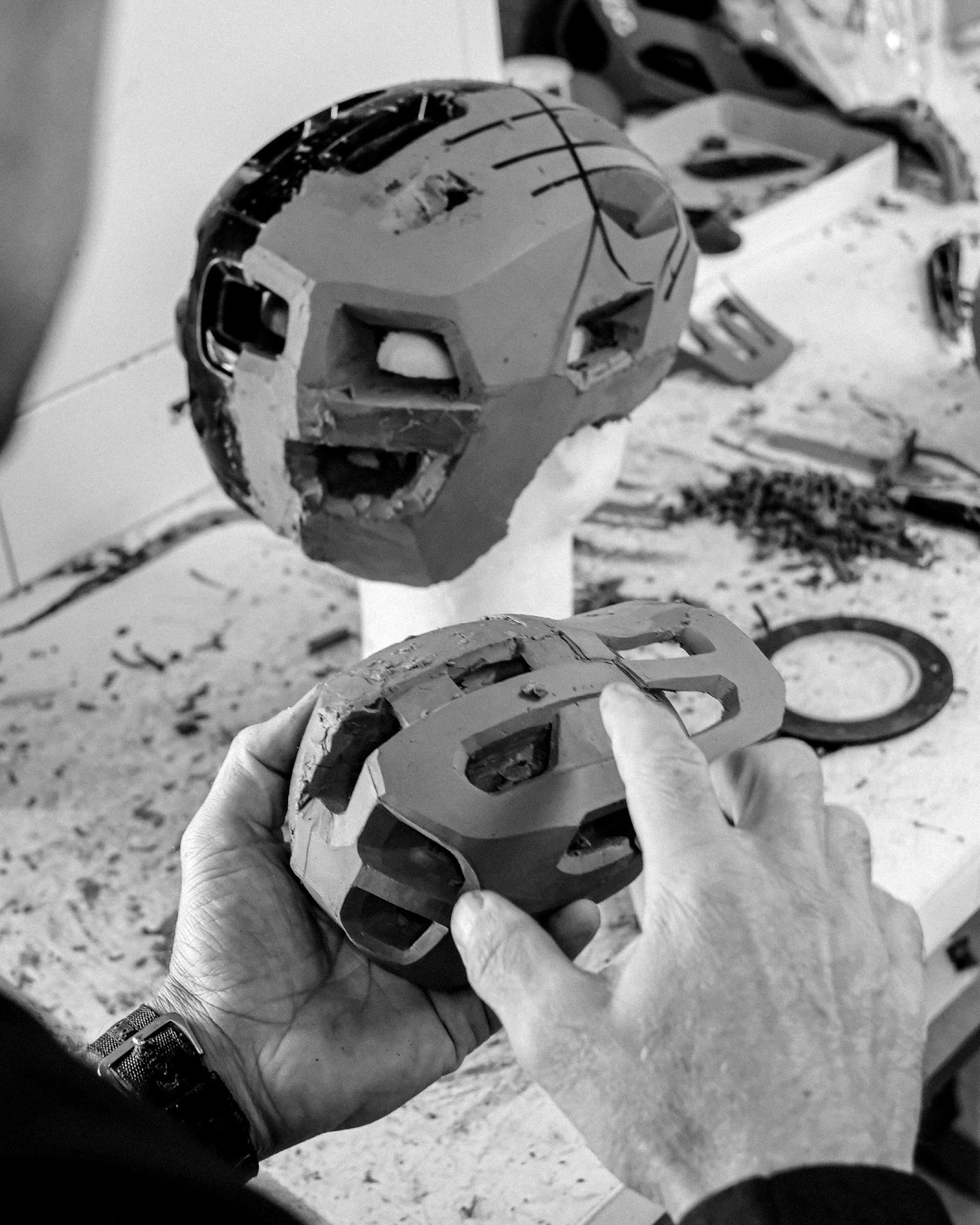
Different by design
Everything starts with a reason: a question that needs a solution. It’s never simply about creating protection that works, the question is how to ensure a user stays as safe as possible while having the freedom to perform at their best.
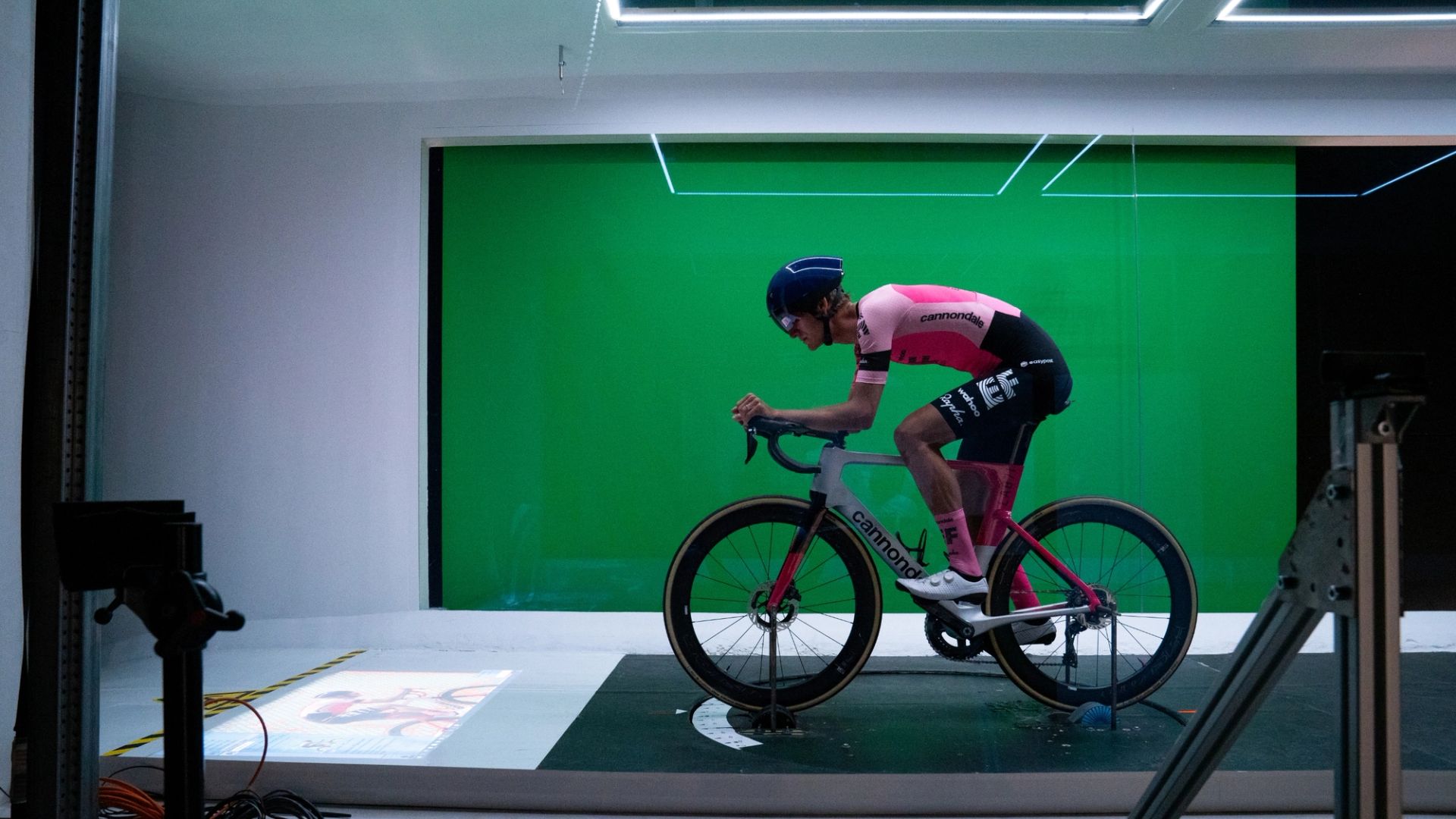
Designing the race-winning Procen Air
Alberto Bettiol fired off the front of the peloton, tucked his shoulders low behind his new POC Procen Air, and soloed to victory at Milano-Torino.